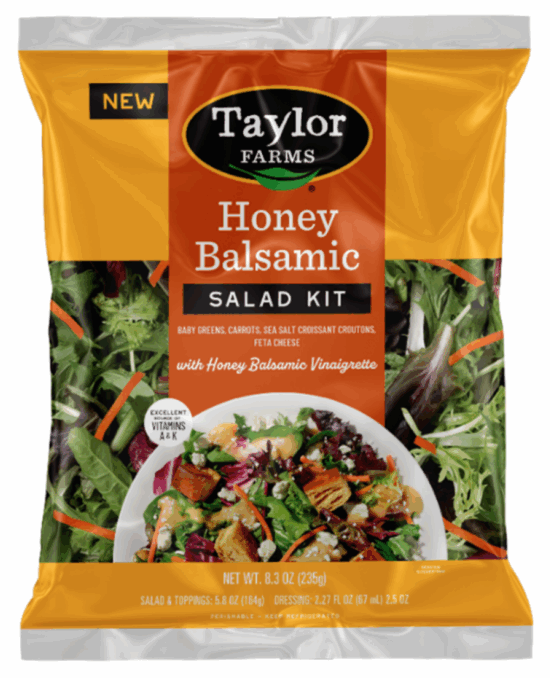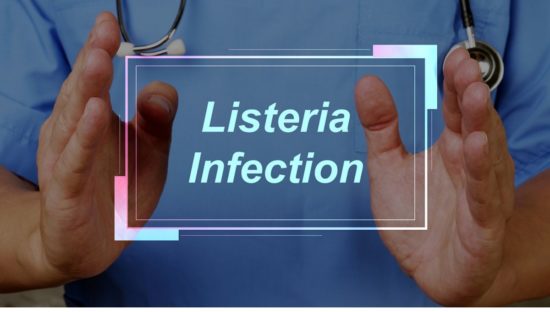The Canadian Food Inspection Agency is reporting that more than two dozen people have been infected with Salmonella linked to dog food and treats.
Most of the 27 outbreak patients live in Alberta and British Columbia. There are 13 laboratory-confirmed patients in Alberta and 12 in British Columbia, with one case each in Ontario and the Northwest Territories.
The agency says dog food and treats are the likely source and that pet food can be contaminated with bacteria without any visible signs. People can get sick through contact with a dog or by handling their food, even if the animal appears to be fine.
Patients have been confirmed from mid-February to mid-August. There have been six hospitalizations but no reported deaths.
Public health officials say there are likely many more sick people who have not been identified as outbreak patients. This is because some people do not seek medical attention and others are not specifically tested for Salmonella infection. For every confirmed Salmonella patient in an outbreak there are an estimated 29 who go undetected.
The agency hasn’t identified the specific brand of the contaminated dog food or treats, but it warns that people should practice good hygiene and handwashing after contact with dogs, their food and treats.
About Salmonella infections
Food contaminated with Salmonella bacteria does not usually look, smell, or taste spoiled. Anyone can become sick with a Salmonella infection. Infants, children, seniors, and people with weakened immune systems are at higher risk of serious illness because their immune systems are fragile, according to the CDC.
Anyone who has handled dog food or treats and developed symptoms of Salmonella infection should seek medical attention. Sick people should tell their doctors about the possible exposure to Salmonella bacteria because special tests are necessary to diagnose salmonellosis. Salmonella infection symptoms can mimic other illnesses, frequently leading to misdiagnosis.
Symptoms of Salmonella infection can include diarrhea, abdominal cramps, and fever within 12 to 72 hours after eating contaminated food. Otherwise, healthy adults are usually sick for four to seven days. In some cases, however, diarrhea may be so severe that patients require hospitalization.
Older adults, children, pregnant women, and people with weakened immune systems, such as cancer patients, are more likely to develop a severe illness and serious, sometimes life-threatening conditions.
Some people get infected without getting sick or showing any symptoms. However, they may still spread the infections to others.
(To sign up for a free subscription to Food Safety News, click here)



